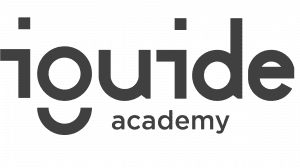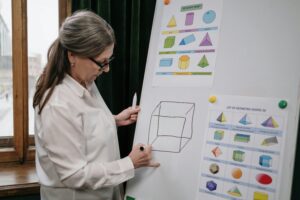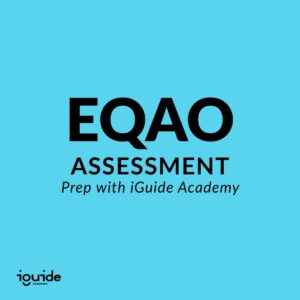Dear Parent,
First of all, congratulations! if your child is entering high school this year. As a parent, we know that this is a big and exciting milestone in their academic journey. It is a time full of new routines, new opportunities, and new challenges. Navigating high school can feel like a chance to grow – or at times, a big challenge to overcome. Many parents often experience a mix of pride, curiosity and even uncertainity when their kids enter highschool.
Trust me that you are not alone in this journey.
Parents often find highschool system confusing but that is completely understandable. As your child steps into Grade 9 and begins shaping their future pathways, understanding how high school works in Canada can make a world of difference. The system can feel confusing at first—credits, required courses, electives, volunteer hours and so on. But once you understand the basics, everything becomes much more manageable and easier to navigate.
Here’s a clear, parent-friendly breakdown of high school graduation requirements, and how you can help your child to stay on track.
1) How many credits to graduate high school in Ontario?
To earn the OSSD, high school students must complete 30 credits to graduate, with each course counting as 1 credit and a minimum mark of 50% required to earn that credit (Ontario Ministry of Education, 2023). If a student earns below 50%, the course must be repeated, often through summer school or night school. These credits include a combination of mandatory courses and elective options that students can select based on their interests and future goals.
Students must also complete 40 hours of volunteer work (community involvement hours) to graduate, and depending on the school board, these hours can begin as early as Grade 8 (Government of Ontario, 2024).
2. Compulsory vs Elective Courses in Ontario High School
When it comes to understanding Ontario high school compulsory courses, each year students must take certain mandatory subjects. For example, in Grade 10, students must complete:
English
Math
Science
History
Civics/Careers
The remaining courses are electives, allowing students to explore areas such as:
Business
Art
Physical Education
Technology
Music
Computer Studies
This flexibility helps students discover their strengths and interests.
3. Marks That Matter: Pathways After High School
If your child plans to attend university, they should aim for marks in the 80–95% range, depending on the program. Competitive fields—such as engineering, computer science, business, and health sciences—often require even higher grades in Grade 12. Having the right academic support and study habits early on can make this transition smoother, and many families choose additional tutoring through trusted learning centres like iGuide Academy to help strengthen core skills and boost confidence.
For students interested in college programs or skilled trades, there are excellent pathways available through applied courses, co-op programs, and SHSM (Specialist High Skills Major) options. These hands-on opportunities help students develop practical skills and explore potential career interests, ensuring they choose a pathway that fits their strengths and goals.
4. What If Your Child Is Struggling?
It’s completely normal for students to find certain courses challenging. If your child is having a hard time keeping up:
Meet with their guidance counsellor
Talk to their teachers for insights on problem areas
Explore extra support such as tutoring, skill-building programs, or academic planning
Getting help early can prevent small learning gaps from turning into bigger setbacks—especially in subjects like math and English that build year over year.
5. How iGuide Academy Can Support Your Child’s Success
At iGuide Academy, we understand that high school can feel overwhelming—for both students and parents. The workload increases, expectations shift, and programs like AP (Advanced Placement) or IB (International Baccalaureate) can add even more pressure. That’s why we’re here to support teens through every step of their high school journey.
We work closely with high school students to help them feel more confident, stay organized, and truly understand what they’re learning. Whether your child is trying to raise their grades, catch up in a tough course, or prepare for AP exams or the IB Diploma Programme, our certified teachers provide patient, personalized guidance that meets them where they are.
Final Thoughts
The Canadian high school system offers many opportunities for students to explore, grow, and succeed. With the right guidance, organization, and academic support, your child can confidently work toward graduation and future goals.
If you’d like help navigating course selection, improving grades, or planning your child’s high school pathway, we’re here to support you every step of the way.
📞 Contact iGuide Academy today to learn how we can help your child thrive.






